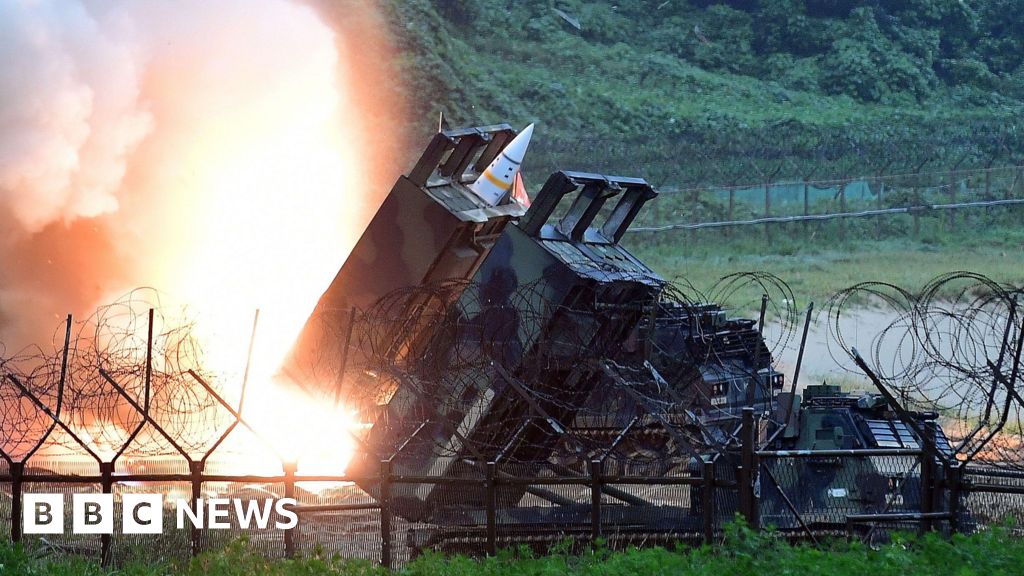In the early 1980s, the rise of personal computers transformed the world, though many governments struggled to anticipate this shift. Countries that recognised the potential of this technology early on surged ahead, harnessing its benefits to revolutionise their economies and societies. Those that lagged, however, found themselves scrambling to catch up as the digital era unfolded. This pivotal moment underscores the importance of foresight—being able to see around the corner and act before opportunities and threats fully materialise.
Similarly, the Arab Spring of 2011 demonstrated how crucial it is to anticipate emerging trends. The upheavals across the Middle East and North Africa took many by surprise, exposing vulnerabilities in nations that had not monitored underlying social tensions. Countries that had invested in understanding these dynamics were better prepared to manage unrest and mitigate its effects, while others were overwhelmed. This contrast highlights the vital role of foresight in shaping effective responses to complex, unpredictable events.
Nigeria faces its own set of unforeseen challenges, from escalating insecurity to the reoccurring volatile economic conditions. Often caught off guard, we find ourselves reacting to crises rather than anticipating and preparing for them. To avoid being perpetually on the back foot, Nigeria needs to adopt a proactive approach that allows us to see sooner and act faster. We must develop a system that equips us to navigate an increasingly unpredictable world effectively.
The Need for Strategic Foresight
Nigeria’s governance approach is predominantly reactive, responding to crises as they arise rather than preparing for potential future scenarios. This reactive stance leaves us vulnerable to shocks and limits our ability to capitalise on emerging opportunities. Whether it’s the insecurity affecting northern regions, the herder-farmer conflicts, or economic uncertainties stemming from fluctuating oil prices, our current approach often falls short.
Strategic foresight involves looking beyond immediate issues to anticipate future trends and disruptions. Countries that excel in this area, like Singapore and Finland, have shown how foresight can drive success. Singapore’s meticulous planning allowed it to respond swiftly to the COVID-19 pandemic, mitigating economic and health impacts. Finland’s Committee for the Future, focused on long-term planning, has enabled it to navigate economic transitions and lead in sustainable energy. These examples illustrate the benefits of anticipating change and acting decisively, rather than reacting to crises after they have escalated.
In contrast, Nigeria’s reliance on short-term solutions and reactive policies has resulted in missed opportunities and exacerbated challenges. For instance, the ongoing herder-farmer conflicts could have been better managed with foresight into the environmental factors driving these clashes. Similarly, our vulnerability to economic shocks, such as those caused by fluctuating oil prices, highlights the need for a more strategic approach to economic diversification and planning.
Moreover, strategic foresight also plays a crucial role in enabling governments to harness technological advancements and societal changes. For example, the rapid advancement of artificial intelligence and its potential impact on various sectors could be better managed with proactive foresight. By anticipating the implications of emerging technologies and societal shifts, Nigeria can create policies that foster innovation while mitigating potential disruptions. This comprehensive approach will ensure that our nation is not only prepared for current challenges but also positioned to thrive in a rapidly evolving global landscape.
Why Nigeria Needs a National Office for Strategic Foresight
To effectively address future challenges and opportunities, Nigeria needs a National Office for Strategic Foresight (NOSF). This centralised office would focus on long-range planning and critical developments in science, technology, and socio-economics. The NOSF would be responsible for monitoring global and domestic trends, identifying emerging issues, and developing strategic scenarios to guide government decisions.
The NOSF would offer a comprehensive approach to managing risks and seizing opportunities. For instance, it could help anticipate the impacts of climate change on agriculture, allowing for early interventions to secure food supplies. It could also analyze technological advancements to inform policies that leverage new innovations while mitigating potential job losses. Additionally, the NOSF would play a crucial role in addressing security concerns by providing insights into socio-economic conditions and regional tensions, helping to prevent conflicts before they escalate.
Furthermore, the NOSF would enhance Nigeria’s ability to engage in global strategic planning. By understanding international trends and their potential impacts on Nigeria, the office could help shape our foreign policy and trade strategies. This would ensure that Nigeria is not only reacting to global changes but also proactively positioning itself to benefit from them.
A Vision for Nigeria’s Future
With a National Office for Strategic Foresight, Nigeria would have a dedicated “early warning system” to anticipate challenges and opportunities before they fully develop. This proactive approach would enable informed decision-making that considers both immediate needs and long-term goals. By integrating foresight into our governance, we would not only be better prepared for future challenges but also positioned to lead in a rapidly changing world.
The NOSF would transform Nigeria’s approach to governance, moving from reactive to proactive strategies. This shift would allow us to capitalise on emerging opportunities and manage risks more effectively. Imagine a Nigeria where our leaders are not just responding to crises but actively shaping the future. This vision of proactive, foresighted governance is within our reach and essential for Nigeria’s growth and stability.
By embedding foresight into our strategic planning, Nigeria can also foster greater resilience in its institutions. The NOSF would promote a culture of long-term thinking and strategic planning across all levels of government, encouraging departments and agencies to align their activities with a shared vision for the future. This unified approach would lead to more coherent policies and programs, reducing duplication of efforts and enhancing overall efficiency.
The Cost of Inaction
Failing to establish the National Office for Strategic Foresight (NOSF) would mean continuing with our current reactive approach, which has already proven inadequate in addressing crises such as the herder-farmer conflicts and economic volatility. Without strategic foresight, Nigeria risks being caught off guard by future challenges and missing out on critical opportunities. The absence of a centralized body dedicated to long-term planning and trend analysis leaves us vulnerable to unforeseen disruptions and hinders our ability to craft proactive, rather than reactive, policies.
Our heavy reliance on oil, despite clear global shifts towards renewable energy, is a prime example of how a lack of foresight can jeopardize our economic stability. As the world moves towards sustainable energy solutions, Nigeria’s failure to diversify its economy and invest in alternative industries could lead to severe economic consequences. The NOSF would help address such vulnerabilities by providing insights into emerging global trends and enabling Nigeria to adjust its policies accordingly. This forward-thinking approach would help us navigate economic transitions and mitigate the risks associated with global market fluctuations.
The consequences of not acting are far-reaching. By failing to anticipate and prepare for future changes, Nigeria risks exacerbating existing issues and missing out on opportunities that could drive our growth. The establishment of the NOSF is not merely a bureaucratic adjustment; it is a strategic imperative that will enable us to better manage risks, seize emerging opportunities, and enhance our global standing. Investing in foresight today will ensure a more resilient and prosperous Nigeria for future generations, positioning us as a leader rather than a reactive participant in the global arena.

 3 months ago
60
3 months ago
60















 English (US) ·
English (US) ·